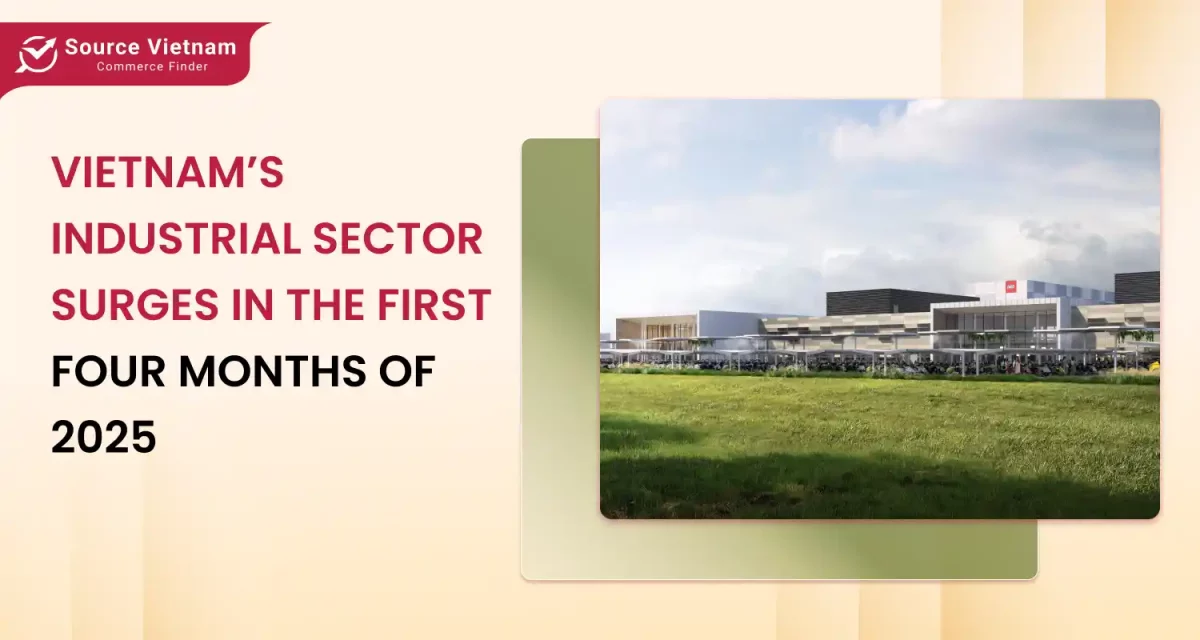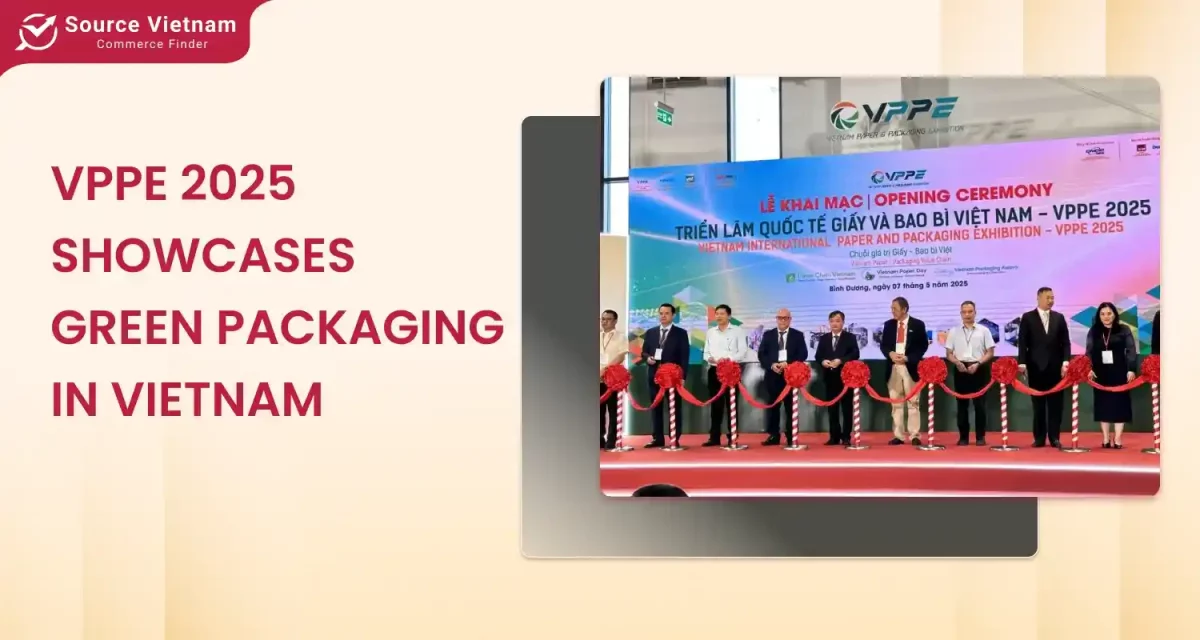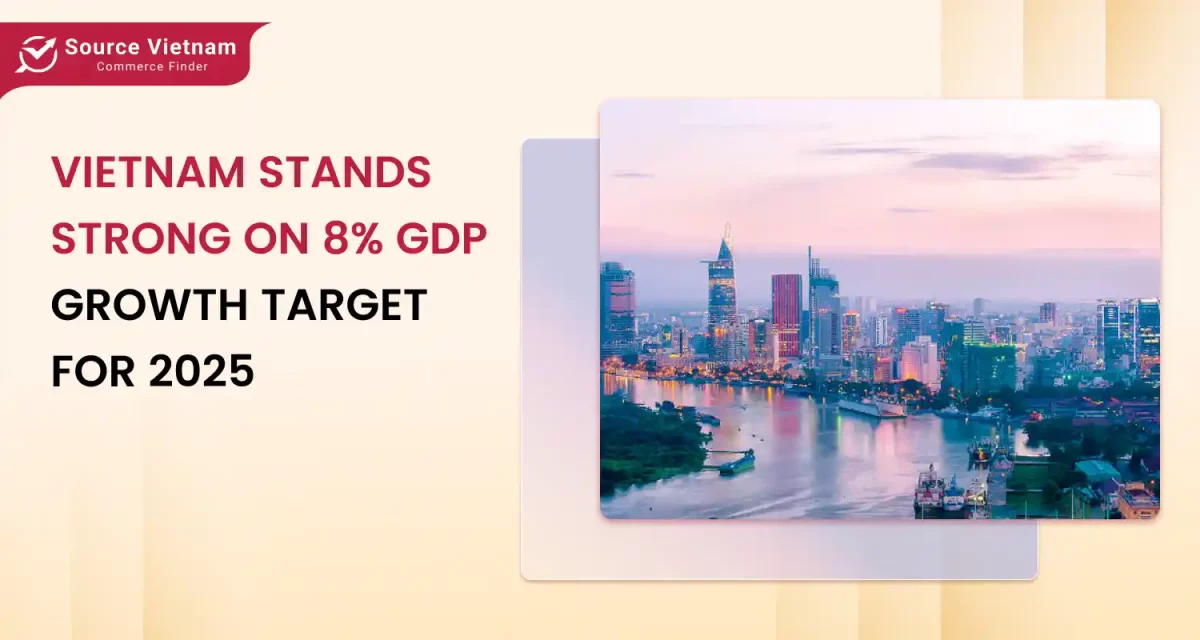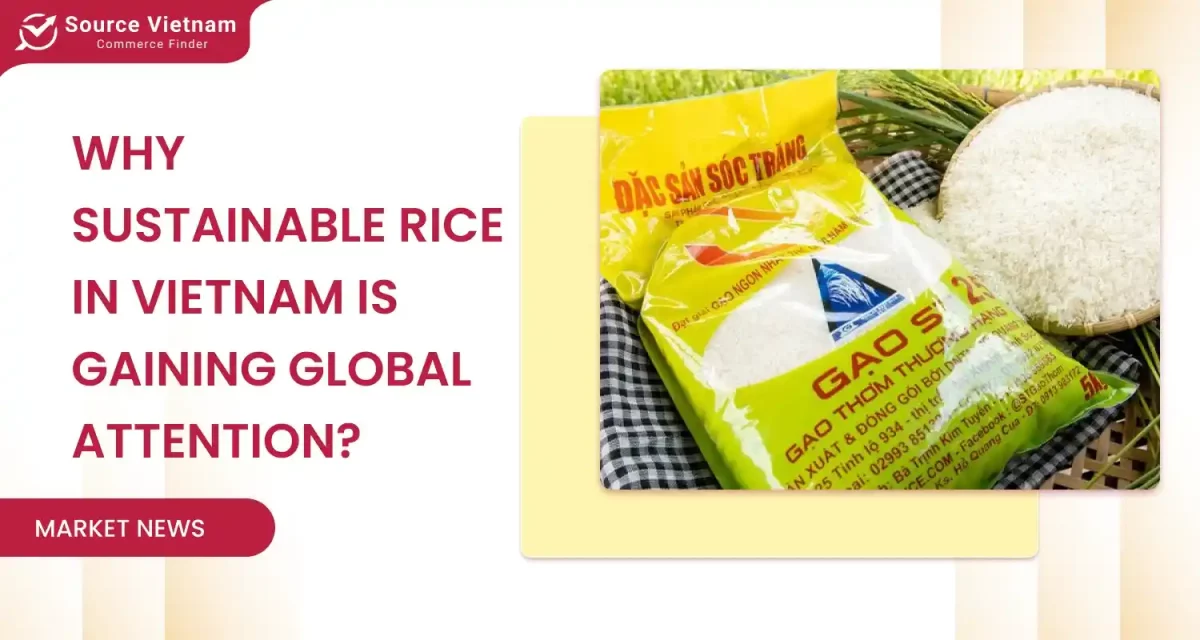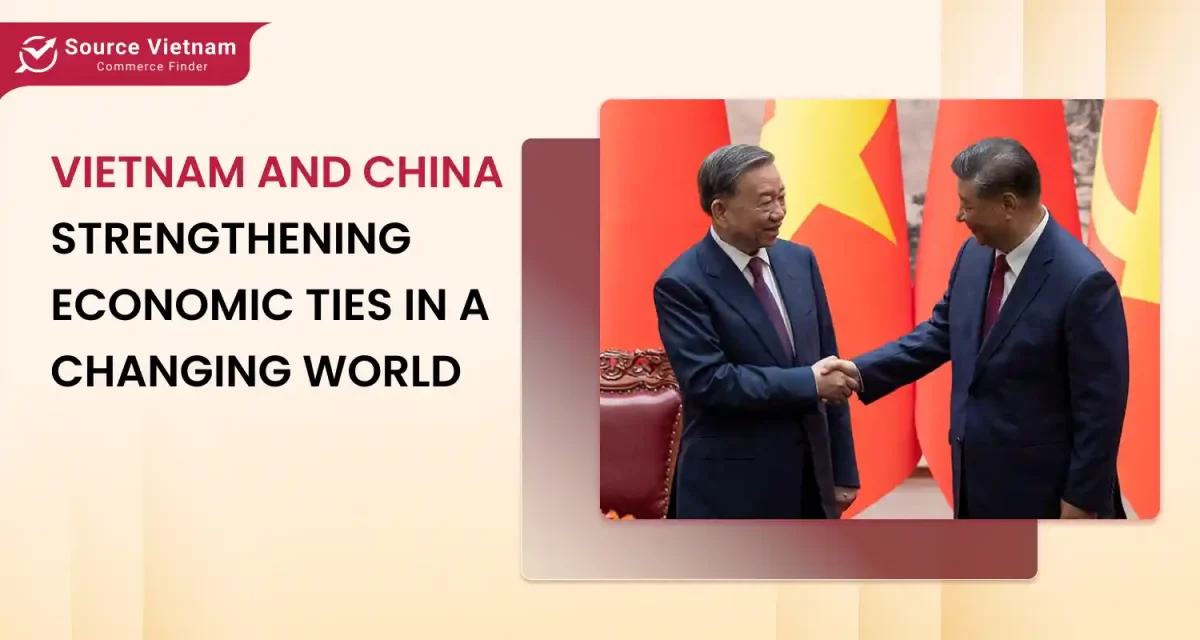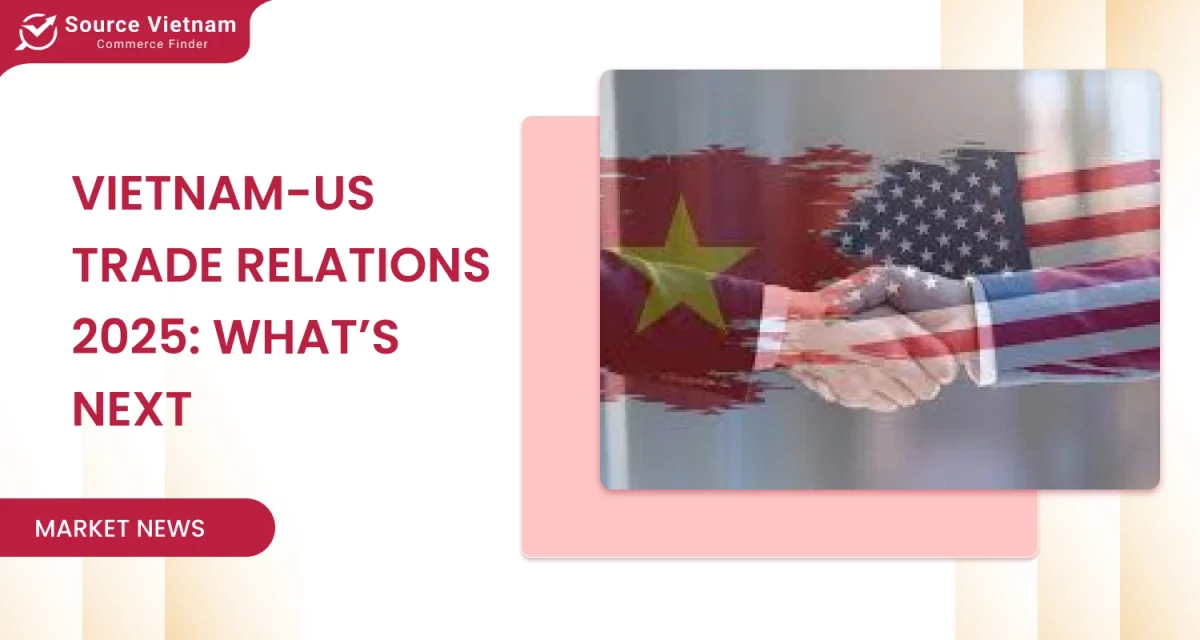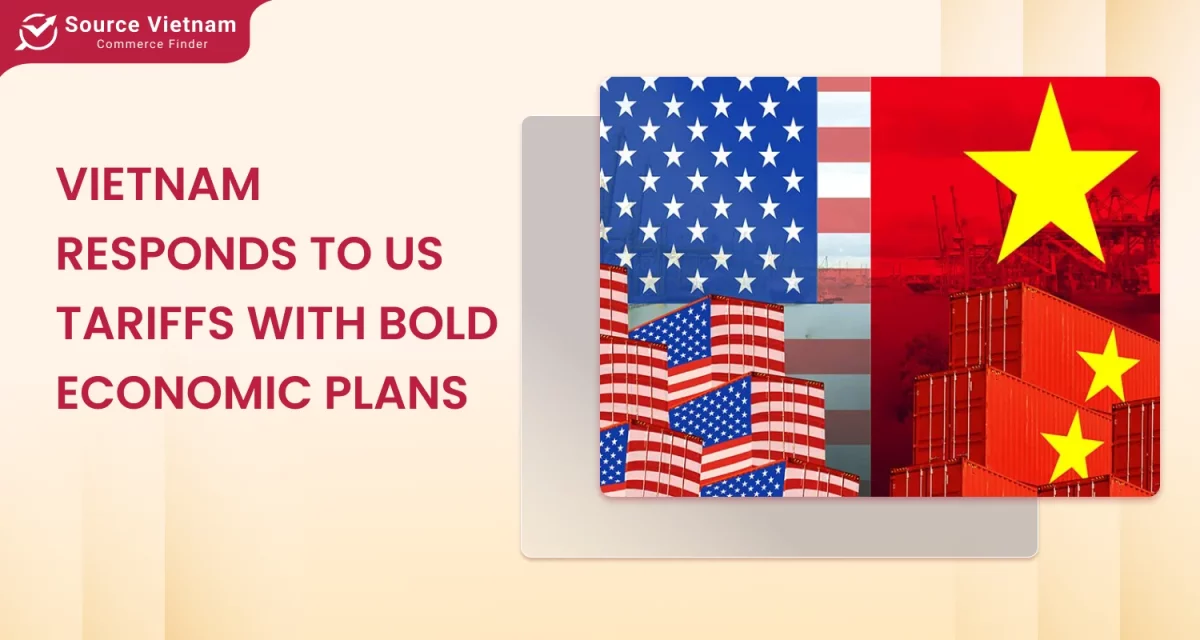In the first six months of this year 2024, Singapore was the country with the largest total investment in Vietnam, reaching 5.58 billion USD, of which 36.7% of the total and growing 86% year-on-year.
Singapore’s growing investment in Vietnam
Vietnam and Singapore enjoy a strong and expanding strategic partnership in trade and investment, marked by significant achievements and cooperation.
Bilateral relations between the two countries date back to 1973, with notable agreements such as the Bilateral Investment Treaty in 1992 and the Framework Agreement on Connectivity in 2005. These agreements have facilitated greater cooperation and policy coordination between businesses.
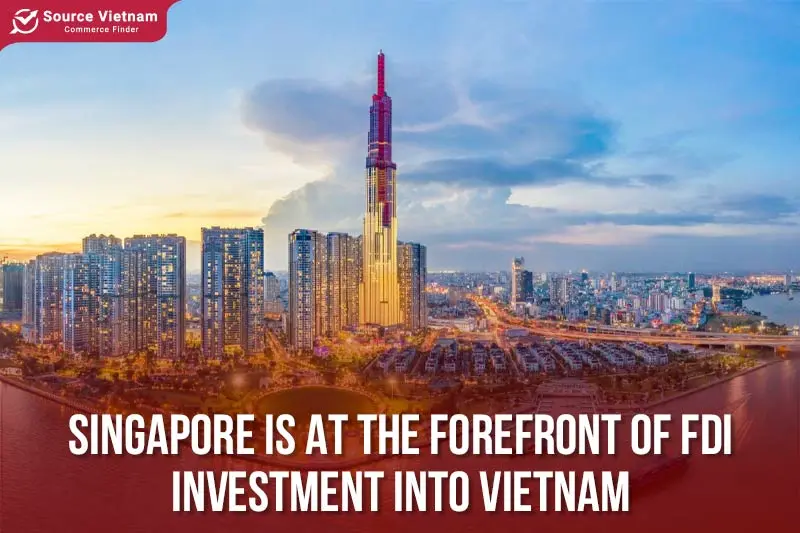
Singapore accounted for 18% of Vietnam’s total FDI in 2023, amounting to US$6.9 billion, a 5.4% increase year-on-year.
As of 2024, over 3,000 Singaporean companies are investing in Vietnam, making Singapore the largest foreign investor in the country. Singaporean companies have invested significantly in various sectors, including manufacturing, real estate, retail, and financial services.
Over the past six months, 75 countries and territories have invested in Vietnam. Singapore topped the list with nearly 5.58 billion USD in total investment, accounting for 36.7% of the total investment. Hong Kong ranked second with over US$1.18 billion, accounting for 12.8% of the total investment, nearly double that of the same period.
Notably, new investments accounted for 88.5% and 75.9% of the total investments from Singapore and Hong Kong, respectively, in the past four months. In terms of the number of projects, China led in terms of new investment projects (accounting for 28.8%), while South Korea led in terms of capital adjustments (accounting for 22.9%) and capital contributions (accounting for 27.2%).
The key sectors in which Singapore invests in Vietnam
Manufacturing and processing
Singapore’s investment in Vietnam spans a wide range of key industries, significantly driving Vietnam’s economic development. This diversified investment strategy not only enhances Vietnam’s industrial capacity but also solidifies its position as a premier destination for foreign direct investment in Southeast Asia.
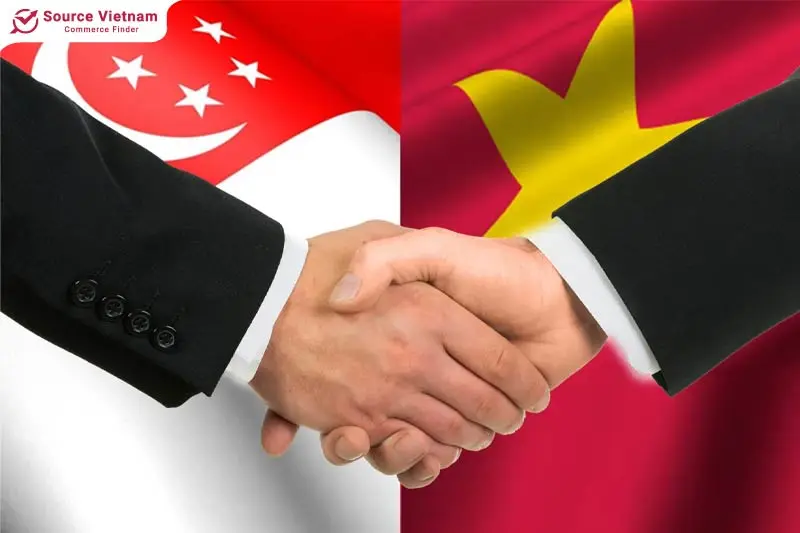
Manufacturing and processing are among the key sectors in which Singapore invests in Vietnam. Vietnam has become a prime target for multinational companies seeking to diversify their supply chains beyond China, a strategy known as “China+1”. Over the past decade, Vietnam has emerged as a global hub for consumer electronics manufacturing, accumulating significant experience and technical expertise in this field.
Singapore-based real estate behemoth CapitaLand has made a significant commitment to Vietnam’s burgeoning property market, pouring in approximately US$1.2 billion in investments. The company’s portfolio in the country boasts a diverse range of projects, with a particular emphasis on large-scale, mixed-use developments designed to cater to the evolving needs of Vietnam’s growing urban population.
A prime example of CapitaLand’s ambitious ventures is the iconic CapitaLand Landmark 81, a towering skyscraper that has become a landmark on the Ho Chi Minh City skyline and offers a mix of residential, commercial, and retail spaces.
Real estate
Vietnam’s real estate market has experienced robust growth, driven by economic expansion, urbanization, and rising disposable incomes. Major cities like Ho Chi Minh City and Hanoi have witnessed significant development in residential, commercial, and industrial real estate. The country’s urbanization rate is around 40 percent, with projections indicating it could reach 50 percent by 2030, thus fueling demand for both residential and commercial properties.
Singapore-based real estate company CapitaLand has invested approximately US$1.2 billion in Vietnam’s real estate market. Its portfolio includes notable projects such as CapitaLand Landmark 81, a large-scale mixed-use development in Ho Chi Minh City.
Energy
Vietnam’s energy mix is primarily composed of coal, natural gas, and hydropower. Coal-fired power plants are the largest source of electricity, followed by gas-fired and hydropower plants. As of 2023, Vietnam’s total installed electricity capacity exceeded 60 GW. Coal-fired power plants contribute approximately 50% of the total electricity generation, followed by hydropower (about 20%) and natural gas (about 20%). Renewable energy sources, such as solar and wind, have been rapidly developing but still account for a small portion of the energy mix.
Singapore’s state-owned urban and energy development company, Sembcorp, has invested over US$1 billion in Vietnam’s power generation sector since the early 2000s, including the Phu My 3-power plant, the country’s first independent power project. They also provide rooftop solar solutions.
Trade agreements that foster investment
Vietnam’s and Singapore’s participation in major trade agreements such as the Regional Comprehensive Economic Partnership (RCEP) and the Comprehensive and Progressive Agreement for Trans-Pacific Partnership (CPTPP) has further strengthened their investment relationship. RCEP, which comprises 15 Asia-Pacific countries, aims to reduce tariffs and enhance market access among member countries, facilitating smoother and broader trade and investment flows.
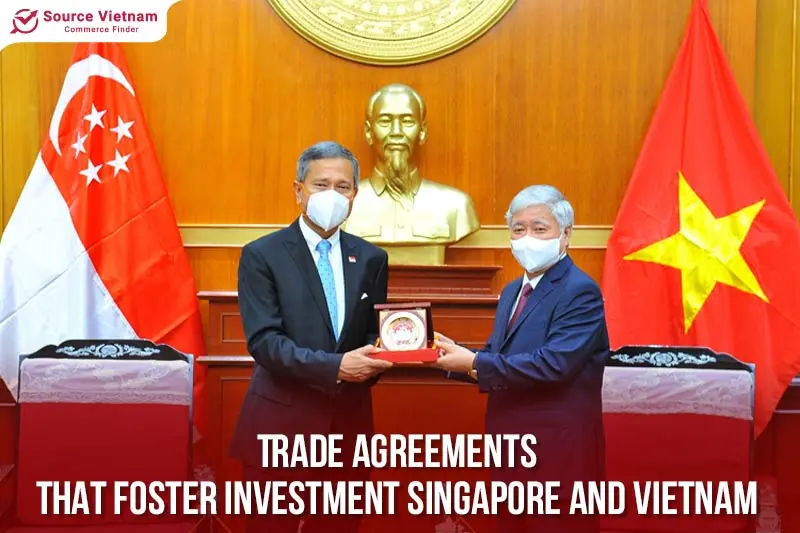
CPTPP, a high-standard trade agreement among 11 countries, promotes trade and investment liberalization, enhances regulatory coherence, and provides strong intellectual property protections. These agreements create a more conducive business environment, making it easier for Singaporean companies to invest and operate in Vietnam, and vice versa.
Factors attracting foreign investment to Vietnam
Vietnam has been an attractive destination for FDI due to its semi-skilled labor force at competitive wages compared to other global manufacturers. It has emerged as a viable alternative to China as a manufacturing hub in recent times.
However, as one of the countries with the fastest aging population in the world, Vietnam will face a shortage of young and productive labor in the medium term. The country also needs to implement more systematic incentives to attract foreign talent or provide targeted incentives to attract investment in specific activities.
It is essential for Vietnam to attract investments that create higher value-added. Currently, Vietnam is likely taking on the lowest value-added part of the global value chain, such as assembly and garment manufacturing. Vietnam needs to seriously review its national capacity in areas such as R&D, logistics, and marketing. This requires a review of the education system at multiple levels.
Vietnamese authorities can also proactively pursue a policy of building industrial clusters. A recent success story is Apple’s headphone assembly cluster in Bac Giang province. The assembly companies have attracted other component suppliers to set up manufacturing facilities near their plants. Eventually, this nascent industrial cluster may attract other headphone manufacturers due to the availability of a highly skilled workforce in audio components.
Most importantly, shifting to more value-added activities in Vietnam requires a change in mindset among entrepreneurs and businesses. People are currently too focused on “tangible assets” such as factories, but not enough on “intangible assets” such as R&D, building reputation, knowledge, or design skills. Strengthening business capabilities in these areas is a real challenge for current and future generations of business leaders.
The opportunities and challenges faced by Singaporean investors in Vietnam
Vietnam’s economic trajectory has been profoundly influenced by the influx of foreign direct investment (FDI), with Singapore emerging as a particularly pivotal contributor. This capital infusion has been instrumental in driving the nation’s industrialization, infrastructure development, and technological advancement.

However, this rapid economic transformation has also presented a complex interplay of opportunities and challenges, including issues related to income inequality, environmental sustainability, and the need to cultivate a skilled workforce to meet the demands of foreign investors.
Opportunities
Transferring advanced technology and modern management: Singaporean businesses often possess cutting-edge technology and efficient management models. Investing in Vietnam will facilitate the transfer of these technologies and skills, thereby enhancing the productivity and product quality of Vietnamese enterprises.
Attracting follow-on investments: The presence of Singaporean businesses will attract more investors to Vietnam, creating a spillover effect and stimulating the growth of industries.
Developing human resources: Singaporean investment projects often come with training and capacity building for Vietnamese workers, contributing to improving the quality of the workforce.
Supporting infrastructure development: Singaporean investors often invest in infrastructure projects such as roads, ports, and airports, helping to improve the business environment and attract investment.
Expanding markets: Vietnamese products and services can access the Singaporean and other markets through the distribution channels of Singaporean businesses.
Challenges
- Competition with domestic enterprises: Competition from domestic businesses can put significant pressure on Vietnamese firms.
- Over-reliance on technology and markets: Vietnam may become overly dependent on Singapore’s technology and markets, hindering its independent development.
- Environmental concerns: Large-scale investment projects can have negative environmental impacts if not properly managed.
- Unequal distribution of profits: Profits from investment projects may not be distributed equitably, leading to social inequality.
- Limited capacity to absorb technology: Vietnamese enterprises may not have the capacity to absorb the advanced technology and management practices required by large-scale investment projects.
To make the most of opportunities and overcome challenges, Vietnam should:
- Improving the investment environment: Creating a stable, transparent, and conducive investment environment to attract investors.
- Enhancing the competitiveness of domestic enterprises: Supporting domestic enterprises to enhance their competitiveness so they can participate in global value chains.
- Developing a high-quality workforce: Investing in training and developing a workforce that meets the requirements of investment projects.
- Strictly managing investment projects: Ensuring that investment projects comply with environmental and social regulations.
- Implementing policies to support domestic enterprises: Implementing policies to support domestic enterprises so that they can compete on an equal footing with foreign enterprises.
Conclusion
Singapore’s investment is a positive indicator of Vietnam’s economic health. It is expected to drive Vietnam’s economic growth in the coming years. This investment not only directly impacts economic development but also offers opportunities for growth in science, technology, and other aspects of the economy in the future. Be sure to check out SourceVietnam.com. It’s an export e-commerce platform packed with features designed to streamline and optimize your business operations.

